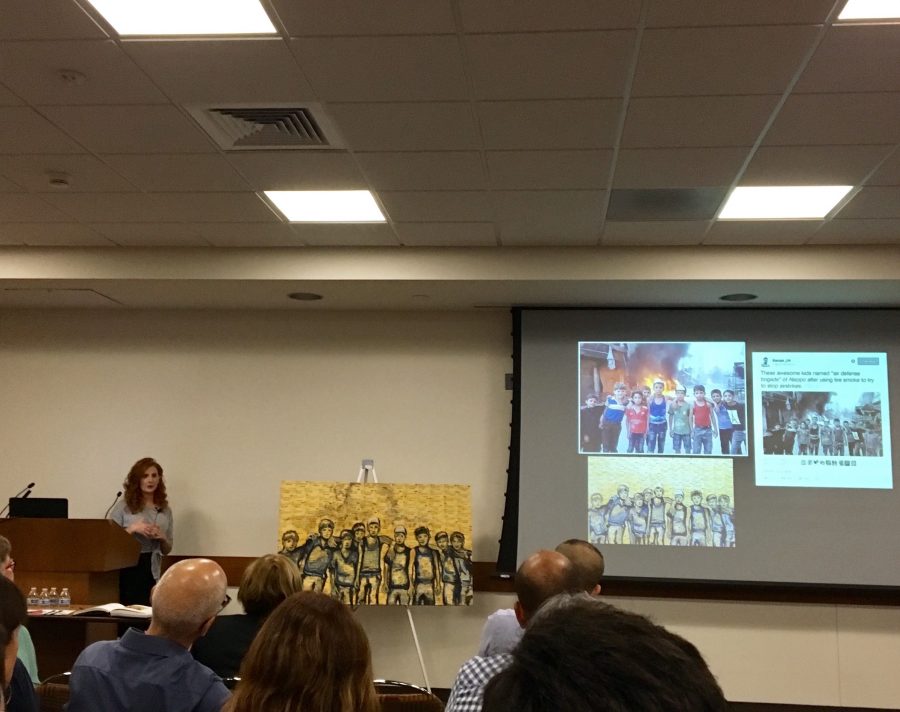 “Groundbreaking” is arguably the most overused adjective in a critic’s vocabulary. Any TV show deviating just slightly from the traditional formula is hailed almost immediately as groundbreaking.
“Groundbreaking” is arguably the most overused adjective in a critic’s vocabulary. Any TV show deviating just slightly from the traditional formula is hailed almost immediately as groundbreaking.
Still, while reviewing the new series “House of Cards,” it’s impossible to think of a more appropriate word, not because of the show’s theme or content, but because of who produced it and how it was released. The series is Netflix’s second original production and the first with a major advertising campaign rivaling those of the cable and network titans. The entire 13-episode first season was released for streaming Feb. 1.
Netflix is producing several other series—most notable is an upcoming resurrection of the cult-classic “Arrested Development”—but as the first one to come out with a major advertising campaign, “House of Cards” is the test of how well customers take to the new format. The company is banking on the assumption that its customers prefer to marathon entire seasons—rather than traditional TV’s tried-and-true weekly doses and cliffhangers. Who among us hasn’t spent an entire weekend discovering, watching and then mourning the end of a new-found show?
But before we talk about the effectiveness of Netflix’s model, we have to answer one question: Is the show even any good?
The answer is a resounding yes. The show has the same production quality and willingness to show sex and violence as an HBO series. Produced by “The Social Network” and “The Girl with the Dragon Tattoo” director David Fincher, who also directs the first two episodes, the show has a sleek, sophisticated feel.
“House of Cards,” a loose remake of the 1990s British drama by the same name, follows Rep. Francis Underwood, the Democratic majority whip. Played masterfully by Kevin Spacey, Francis uses a unique tool. In order to explain his complicated schemes and motivations, he occasionally addresses the audience directly, breaking the fourth wall Ferris Buller-style. Instead of shattering the suspension of disbelief, the monologues draw viewers in deeper, and when Francis casts a knowing sideways glance their way when a scheme starts falling perfectly into place, we feel the guilty pleasure as co-conspirators.
Francis is the moral and philosophical opposite of “Breaking Bad” protagonist Walter White (Bryan Cranston). Walter starts out as a concerned family man doing the wrong thing (selling meth and occasionally killing drug dealers) for the right reason (to provide for his family). Francis, on the other hand, despises the idea of being held down by a family and does the right things (passing tough educational reform and rehabilitating an alcoholic congressman) for the wrong reasons (the accumulation of power and influence).
In the opening scenes, incoming Democratic President Garrett Walker (Michael Gill) snubs Francis, to whom he had promised the position of Secretary of State in exchange for help during the election. Furious at the betrayal, Francis sets in motion a plan so insidious and manipulative Nicola Machiavelli, or for that matter Donald Rumsfeld, would blush with envy. At his side stands his wife Claire, played by the ageless Robin Wright. Claire is as ambitious and ruthless as her husband. There are few secrets and even less love between the two, making the Underwoods’ relationship less marriage and more alliance.
Spacey and Wright deliver formidable performances, commanding the screen as easily as the Underwoods command Washington, D.C. Surrounding them is a strong supporting cast. Michael Kelly plays Francis’ dependable and unquestioning right-hand man Doug Stamper. Corey Stoll plays troubled Rep. Peter Russo, whom Francis takes under his wing. Stoll’s performance is strained at times—apparently acting drunk is a lot harder than actually being drunk—although when it works, it’s almost painfully human. Last but not least is Kate Mara as Zoe Barnes, the probing young reporter from the Washington Herald.
The series delivers political drama and intrigue with a punch in its first season. If it can keep it up, it could easily be “The West Wing” of this generation. The politically minded will find clear similarities with real-life political leaders and figures. Viewers less interested in politics will find a series of human conflict and ambition transcending partisanship.
Before you start streaming, you might want to clear your schedule for the next few days. This isn’t a sprint, it’s a marathon.






